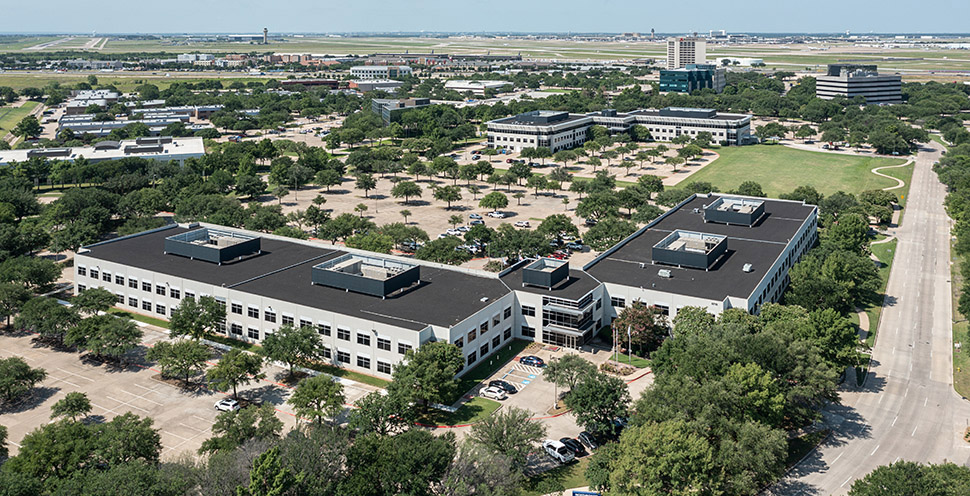Inspired by the new Dallas Innovation Alliance and its goal to use smart solutions to address city infrastructure issues, I’ve been brainstorming the utilization of cognitive systems for parking.
Cognitive systems mimic the human mental activities of understanding, remembering, thinking, and learning. It augments data through user interaction to begin understanding human language, texting, images and videos which can empower the user with intelligent decision making.
In addition, the cognitive system leverages sensor technology (the Internet of Things or IoT), social, weather and other data. Cognitive systems touch on all of the mental capabilities of understanding, remembering, thinking, and learning.
Cognitive systems touch on all of the mental capabilities of understanding, remembering, thinking, and learning
I started by examining the best connected car concepts which leverage sensors and analytics to provide intelligent parking.
So, let’s play out this new cognitive parking system:
I get into my car and start the engine. The car enables my system to detect who is driving the car. My system understands information about my driving preferences and the car I’m driving. It learns the time of day and the current weather.
The system also takes into account my driving style, parking patterns, and the dimensions of the car being driven. The system remembers that I travel to downtown Dallas the first Tuesday of every month and need a parking space between 2 and 6 p.m.
In an automated fashion, the cognitive system begins a conversation with me such as, “Hello, will we be travelling to Dallas and needing a parking space today?” I acknowledge that I will be going to Dallas.
The system determines whether a parking lot close to the meeting location should be utilized during rainy days or perhaps whether covered parking would be appropriate during storms. It learns to account for my meeting ending around 6 p.m. and recommends a parking space closer to a light pole based on the reasoning that this parking space may be safer at night.
I am presented with prioritized recommendations as well as the “thinking” on parking spaces available and which might be best for me on that particular day based on all these factors. I can then decide whether I will want to squeeze into a tight parking space that is closer to the meeting, park in a well-lit area, or react to other environmental conditions.
Prebuilt and easy to integrate cognitive services, available in the cloud, are a key ingredient when creating cognitive solutions. It is important to have the flexibility to deploy the solution on public, private, and hybrid cloud environments.
Finally, a broad set of industry ecosystem partnerships providing collaborative technology, resources, and data that can be easily integrated together are a must.
It is important to have the flexibility to deploy the solution on public, private, and hybrid cloud environments.
The Dallas Cognitive Computing Experts group, universities in the Dallas – Fort Worth region, and corporate Cognitive Competitions are great ways to get involved with cognitive computing.
For me, a cognitive parking system would make my trips to Dallas more enjoyable by minimizing the planning I have to perform personally. It would provide a sense of security knowing I will be guided to a safe environment. It also would make my life simpler and afford me more time to focus on the things I prioritize for myself.
Cognitive systems are paving the way toward an exciting future. Imagine how new cognitive systems could improve our day-to-day lifestyle.
For a daily dose of what’s new and next in Dallas-Fort Worth innovation, subscribe to our Dallas Innovates e-newsletter.




































































